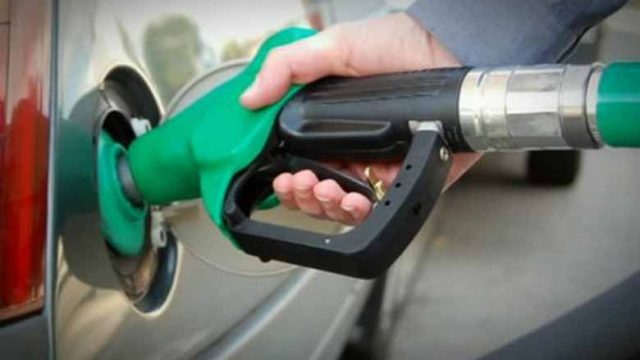Islamabad: Globally High Speed Diesel (HSD) suppliers have started loading country specific risk factors due to default-like situation witnessed in Pakistan since July 2022. In light of this, the Economic Coordination Committee of cabinet has allowed an increase in premium for OMCs to $15 as the maximum cap for the next two months.
This has been disclosed by the Ministry of Energy in a summary submitted to the ECC to ensure sustainable supply of HSD during the next two months.
“Due to the war between Russia and Ukraine, the market has become volatile and unpredictable and consequently suppliers have started loading country specific risk factors such as letter of credit (LC) confirmation, bank charges etc in their premium quotations, keeping in view the default-like situation witnessed in Pakistan since July 2022”, the document added.
The summary noted that this can be observed from a comparison of actualized cost and freight premiums published in Arab Gulf (AG) Market and PSO’s spot premiums for MS imports during March-October 2022. It shows that, on average, suppliers have loaded about $6 per barrel in their premiums during the last four months.
Similar comparison for HSD shows an average cost and freight (C&F) premium of around $9 per barrel, published in the Arab Gulf market during March-October, 2022.
The ECC was requested that by loading country risk factor of US$ 6 per barrel, an upper limit of $15 per barrel for price computation for ensuring sustainable HSD imports by the OMCs may be considered and approved as the Oil Companies Advisory Council (OCAC) has requested an urgent review and revision of the benchmarking to save the industry from collapse.
Previously the ECC had approved the parameters to determine ex-refinery and import prices of Mogas (Petrol) and HSD on the basis of 15 days’ average FOB prices of the AG market.
The OCAC has now conveyed that the current HSD pricing regime benchmarks PSO’s weighted average, the remaining importers are at a disadvantage as the spot market premiums are higher than the benchmark premium received through long term pricing.
In context as per the current arrangement PSO procures Mogas entirely from the spot market whereas in the case of HSD, it is procured from KPC through a long term arrangement.
If the long term arrangement is unable to meet the required demand, additional HSD cargoes are procured from the spot market as needed.
The ministry added that this difference has now risen significantly due to the prevailing political situation and the current premium is at a level of $14-16 per barrel.
This translates to a loss of more than Rs10 per liter, thereby creating an unsustainable position for OMC’s importing HSD other than PSO. Therefore, the OCAC has requested an urgent review and revision of the benchmarking process to save the industry from collapse.
The OCAC further said that a similar situation was faced earlier this year and in order to make imports sustainable, Kuwait Petroleum Corporation premium was excluded from price computation and was replaced by the PSO’s average tendered premium for the previous fortnight.
This arrangement was applicable during April-June 2022 in the wake of higher HSD demand during harvesting season. However, PSO has no HSD import plans other than KPC for the sowing season during November-December 2022.
In view of higher HSD demand during sowing season, OGRA has also stated that four cargoes are planned during November 2022 by OMCs other than PSO.
Since the LC re-confirmation being charged by foreign banks in case of Pakistan are now between 5 to 6.5 per cent, this has further compounded the price disadvantage to other OMCs, to import HSD under the existing benchmark.





this gov is just suck us :3